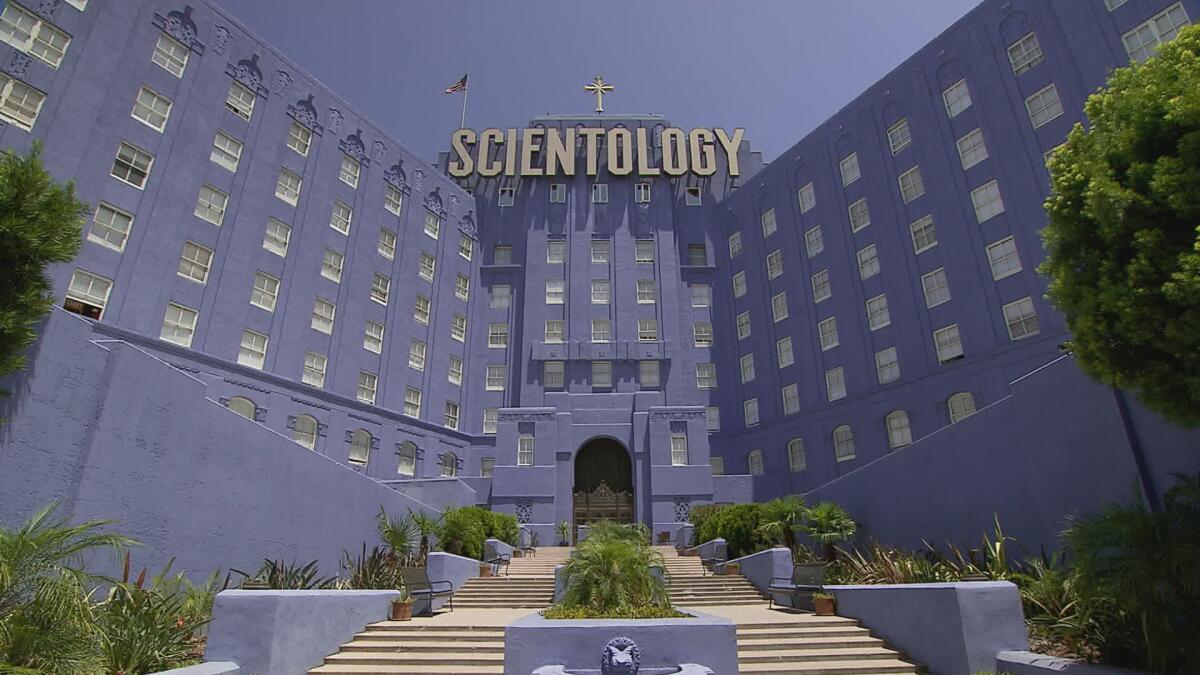Opinion: To an atheist, Scientology isn’t any more unusual than mainstream faiths

To the editor: Rather than asking the question, “What makes Scientology different?” the more meaningful question is what makes it the same as those organizations the United States subsidizes as religions. (“In the world of religious tax exemptions, does Scientology measure up?” Opinion, Nov. 16)
Scientology is a group with a hierarchy, an unverifiable creation story and the capacity to bring comfort to those who adhere to it. There is an irony that the founders of our country, while nominally often Christians, espoused deism, which was open to the discoveries of science prevailing over ancient myths.
If we accept religion as that which is protected by our 1st Amendment, surely atheism is the legitimate successor to what the founders might have had in mind in 1790. Yet, to fight atheistic communism, theism was elevated to be our “national established religion” when the inclusive “e pluribus unum” was replaced by “in God we trust.”
Compared to this travesty that officially marginalized atheists, the excesses of Scientology are trivial.
Al Rodbell, Encinitas
..
To the editor: James Kirchick distinguishes Scientology from “real” religions on the basis of its copyright and tithing practices as well as its treatment of dissenters. In other words, Scientology should be punished (taxed) because certain of its practices are different than (most) “real” religions’ current practices.
All religions (and philosophies) are made by human minds. If we’re going to tax any, tax them all.
Thomas Bliss, Sherman Oaks
Follow the Opinion section on Twitter @latimesopinion and Facebook.
More to Read
A cure for the common opinion
Get thought-provoking perspectives with our weekly newsletter.
You may occasionally receive promotional content from the Los Angeles Times.










